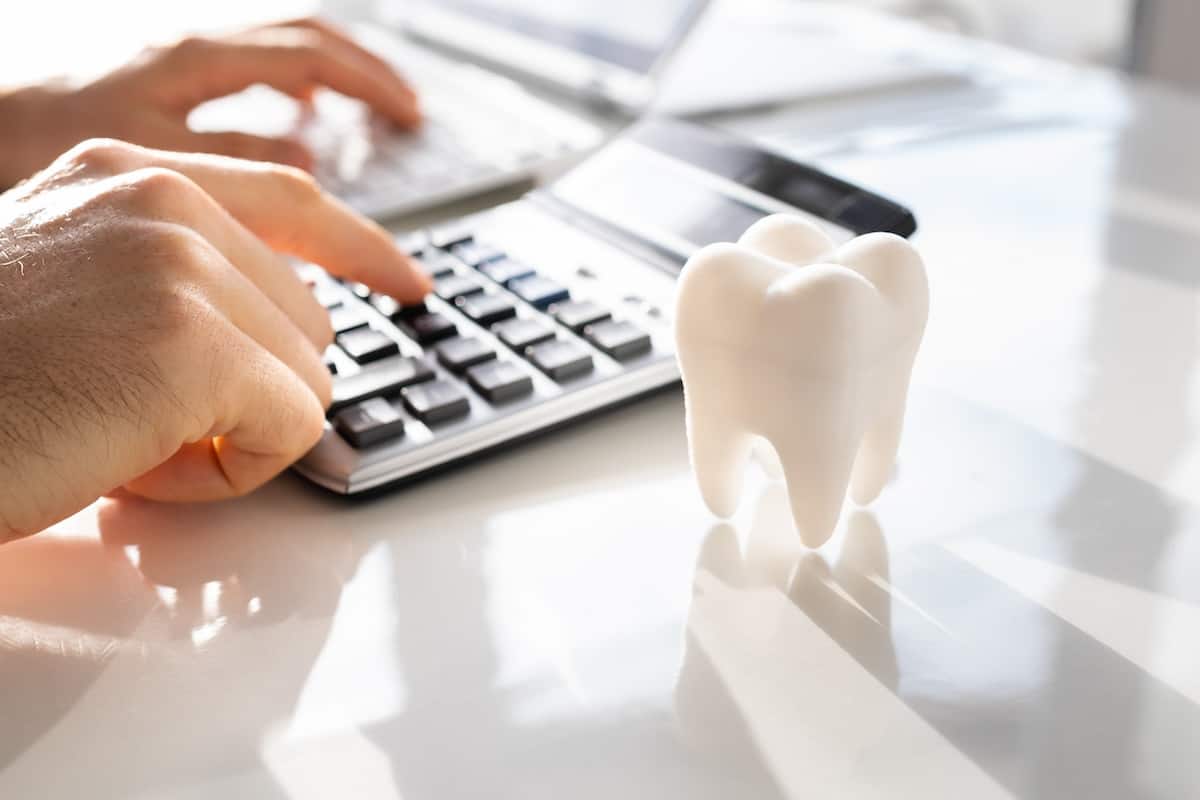
Dentistry, particularly in London, incurs high expenses due to factors such as steep commercial rents, advanced technical equipment, dental materials, and the need for qualified staff. These costs accumulate significantly, even before a patient enters the practice door. Dentists also bear the burden of rigorous training and strict regulatory compliance, adding to their challenges. They must subscribe to the General Dental Council, an organization primarily focused on handling patient complaints, further adding to their financial responsibilities.
One of the most underestimated costs is the dentist’s time. A lot of care and attention goes into bespoke treatment planning for every patient. Dentists are effectively the builders, architects, and structural engineers for dental work, so these elements contribute to the cost of the overall treatment. In essence, the time spent with the patient, both in the dental chair and the office, provides the added value alongside the actual work itself.
While dentists generally support high standards and regulatory measures, there’s a perceived inequity in how these pressures are not equally distributed across different industries. Postgraduate education and training, essential for dental specialists, can independently cost around £100k since their initial qualification.
However, this discussion isn’t about shifting blame but highlighting the realities of the profession. Despite recent challenges, including the COVID-19 pandemic, dentists strive to maintain high clinical treatment standards, education, and hygiene while providing first-class customer service at competitive prices.
In essence, the expense of dental care is a matter of perspective and prioritisation. Delay and neglect can lead to higher costs down the line. The saying “prevention is better than cure” rings true in dentistry; regular visits can prevent more severe issues and are often more cost-effective in the long run. Regular dental care helps avoid toothache, time off work, missed social events, and the need for complex and expensive dental procedures.
